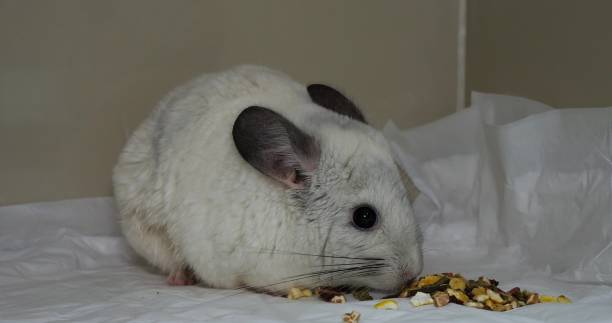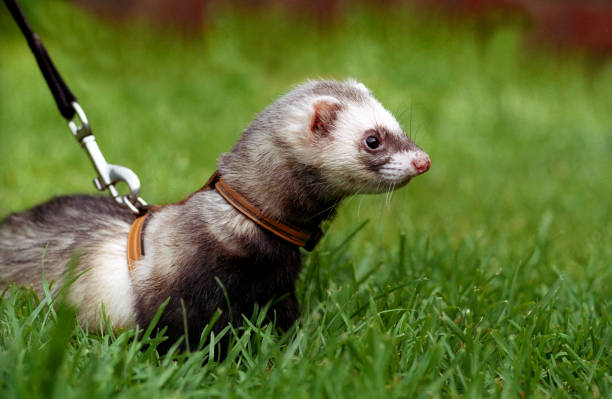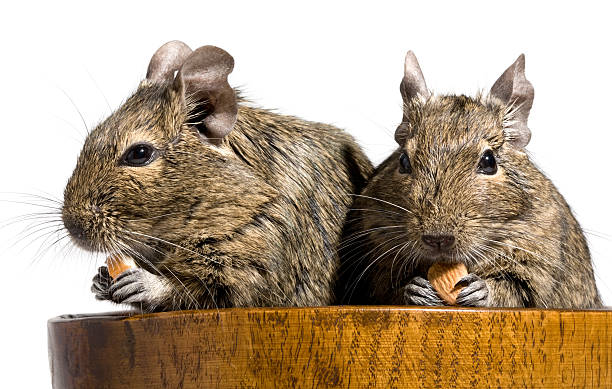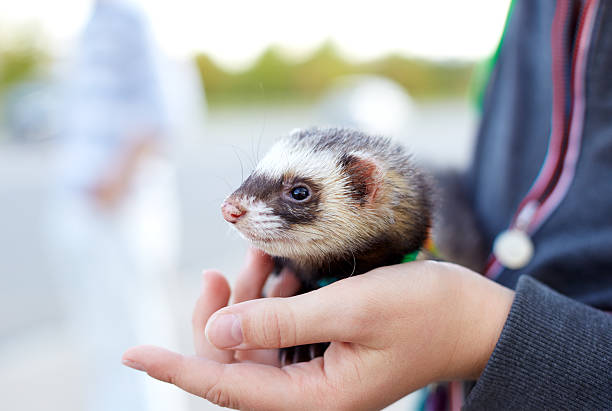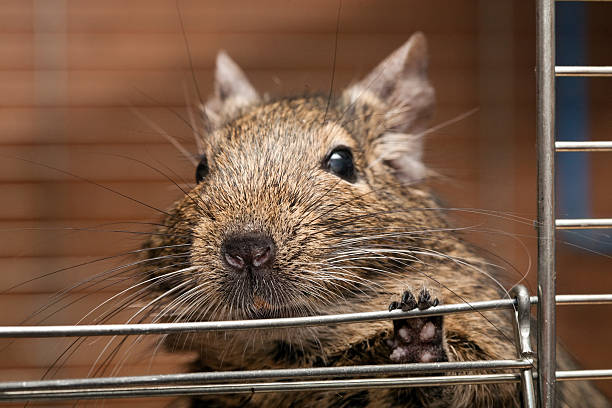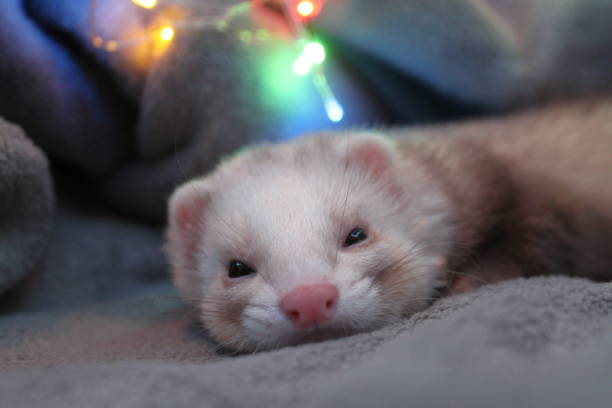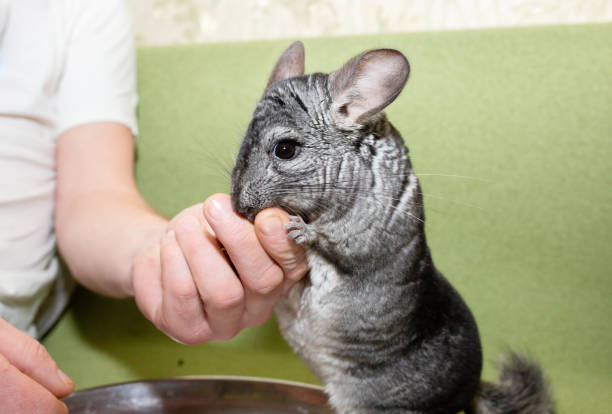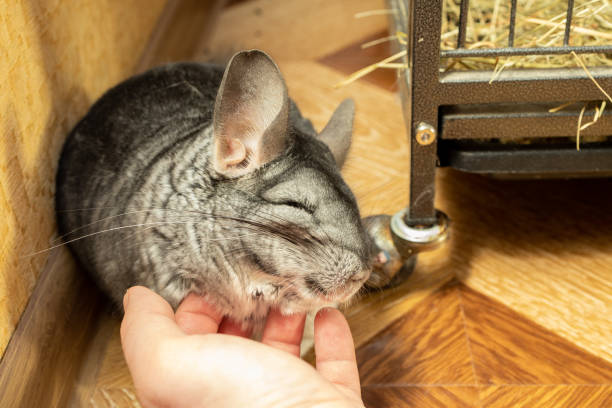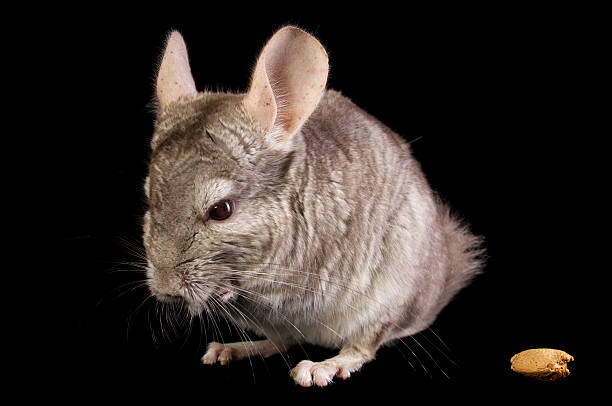Do Chinchillas Poop a Lot? (Let’s Just Say… It’s Nonstop)
This post contains affiliate links. This means I will make a commission at no extra cost to you should you click through and make a purchase. Read the full disclosure here.If you’re thinking of getting a chinchilla or already have one, you’ve probably noticed that these tiny fluffballs are adorable, playful, and—let’s be honest—poop machines. Seriously. They poop constantly.
But just how much is normal? Should you be concerned if it seems excessive? And is there anything you can do about it (besides scooping non-stop)?
In this step-by-step guide, we’ll explore how often chinchillas poop, what their droppings should look like, why they go so often, and how to manage it without losing your sanity—or your vacuum.
Step-by-Step Guide: Chinchilla Poop Frequency – What’s Normal, What’s Not, and How to Handle It
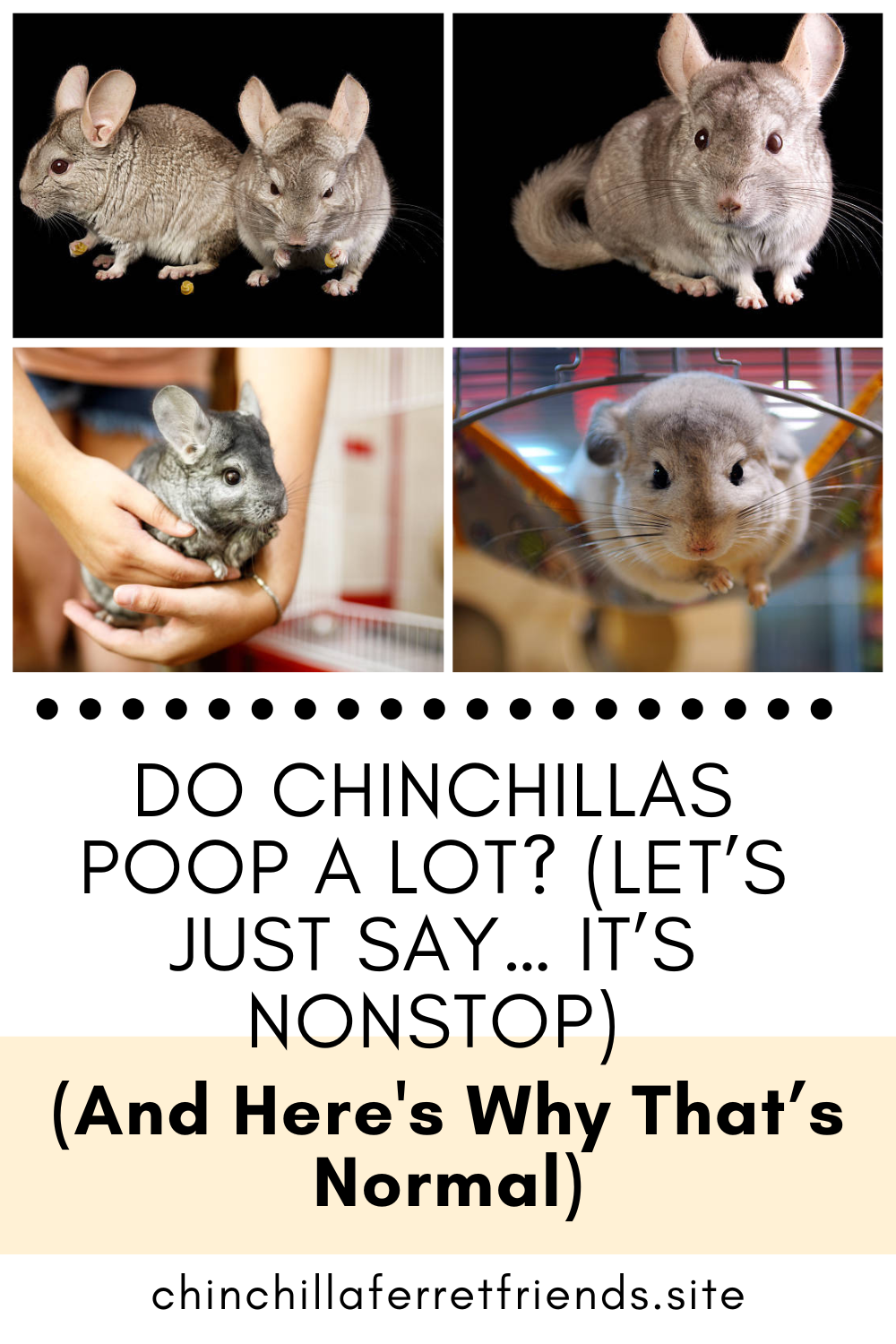
Step 1: Yes, Chinchillas Poop a LOT (And That’s Totally Normal)
Let’s clear the air (pun intended): chinchillas poop hundreds of times a day. On average, a healthy adult chinchilla can drop:
- 200–300 pellets per day
- Sometimes more if they’re excited, active, or stressed
Unlike some animals that go a few times per day, chinchillas are herbivores with a fast-moving digestive system, constantly processing hay and fiber. That means:
- Food goes in → poop comes out
- All. Day. Long.
If your chinchilla is pooping constantly, it’s not a problem—it’s actually a sign of good health.
Step 2: Understand What Normal Chinchilla Poop Looks Like
Chinchilla droppings are tiny, dry, and odorless. You should expect:
- Small, cylindrical pellets (about the size of a grain of rice)
- Consistent shape and texture
- Medium to dark brown color
- No stickiness, moisture, or smell
💩 Bonus tip: Poop shouldn’t flatten or squish when picked up. If it’s soft, mushy, or oddly shaped, something may be off with their diet or gut health.
Step 3: Learn Why They Poop So Frequently
Chinchillas are natural grazers, and their digestive systems are designed for non-stop movement. Their gut relies on:
- Constant intake of fiber (like hay)
- High water absorption, which results in dry pellets
- Minimal fat or protein (unlike carnivores)
This nonstop digestive rhythm keeps them healthy—but it also means constant droppings, even when they sleep, play, or snuggle on your lap.
Step 4: Know When to Worry About Poop Changes
While frequent pooping is normal, sudden changes can be a red flag. Call your vet if you notice:
- Soft, wet, or smelly poop
- No poop at all for 12+ hours
- Poop clumping or sticking together
- Color changes to green, black, or very pale
These can signal problems like:
- Digestive imbalance
- Stress
- Dehydration
- Diet changes
- Or more serious health concerns (like bloat or GI stasis)
Step 5: Don’t Expect Litter Box Miracles
Yes, chinchillas can sometimes be trained to poop in a litter area—but don’t count on full potty training.
💡 Here’s why:
- Pooping is instinctive and constant
- They often poop while running, climbing, or even mid-air
- They may pee in one corner, but poop will be everywhere
Still want to try litter training? Place a small tray in their usual bathroom corner and reward them when they use it—but keep expectations realistic.
Step 6: Manage the Mess Like a Pro
Even if you can’t stop the poop parade, you can make cleanup easier:
✅ Use these strategies:
- Fleece liners or absorbent cage bedding for easy cleanup
- A handheld vacuum or mini broom to collect loose pellets daily
- A “poop zone” mat for out-of-cage playtime
- Daily cage spot-cleaning and full clean-outs weekly
- Encourage poop containment by using multi-level cages (poop tends to fall to the bottom level)
Pro tip: Clean often and consistently—it keeps smells away and your chin healthier.
Step 7: Accept the Fluff Life (Poop and All)
Here’s the truth: you can’t stop a chinchilla from pooping. It’s part of who they are. The sooner you embrace the fluff-and-poop lifestyle, the more enjoyable the journey will be.
Think of it this way:
- Lots of poop = active digestion
- Active digestion = healthy chinchilla
- Healthy chinchilla = worth the cleanup
Just like brushing fur or trimming nails, poop patrol becomes part of the routine—and honestly, their little poops are way less gross than other pets.
Final Thoughts
So, do chinchillas poop a lot? Absolutely. But it’s a sign that their digestive system is working just as nature intended. You won’t ever stop it—but you can manage it with smart care, good hygiene, and the right expectations.
Once you realize that frequent pooping is part of owning such a fragile, fascinating animal, you’ll stop stressing—and start laughing every time your chin poops during a cuddle. (It’ll happen. Promise.)

